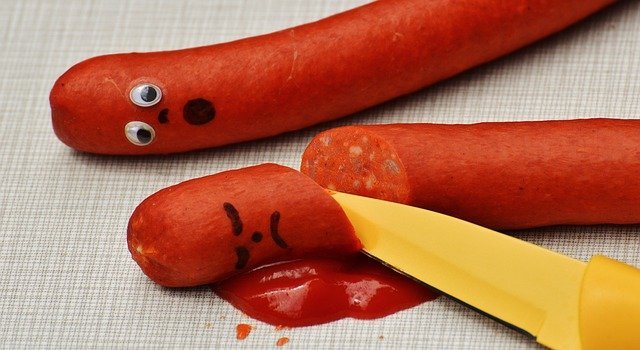Scientists all over the world are getting closer to creating a pill out of red wine’s most powerful substance, known as resveratrol.
What is Resveratrol?
Resveratrol is a type of polyphenol compound found in red wine and certain plants, which is linked to better health due to it being a powerful antioxidant.
While research is still ongoing, it has already been linked to an impressive list of health benefits, with years of studies proving its positive impact on mice, fruit flies, worms, and yeast. Proving those benefits in humans has been far more complex, especially since it is primarily found in red wine in low concentrations. Even purified resveratrol is broken down by the liver too quickly to prove its effectiveness unless it is given in inflated concentrations.
How much resveratrol is required for health?
Scott Turner, director of the Memory Disorders Program at Georgetown University Medical Center, led a study which suggested that resveratrol could slow the progression of Alzheimer’s, but the concentration equivalent to 1000 bottles of red wine also caused negative side effects, such as nausea, vomiting, and diarrhea.
While many studies have been shelved due to the failure to overcome these negative side effects, scientists now hope to overcome the problem by increasing the potency of resveratrol at more moderate doses.
Researchers at the University of New South Wales near Sydney have suggested that resveratrol is most effective in its red wine form, seemingly activated by the other ingredients. 
This discovery has launched the development of a pill which combines purified resveratrol with other wine-based compounds in order to maximize its health-enhancing potential.
Why not just drink red wine?
Alberto Bertelli, a professor from the University of Milan, says that he believes the alcohol in red wine somehow helps resveratrol get into the body more effectively, which he has already been able to prove by comparing the effects of red wine and purified resveratrol on rats.
However, unfortunately for wine lovers and connoisseurs, doctors have steadily pointed out the damaging effect of alcohol consumption, which far outweighs any benefits that can be found in its compounds.
Does anything else contain resveratrol?
Resveratrol occurs in a range of berries and dark chocolate, as well as being available as a dietary supplement.
Andy Gescher, a professor from the University of Leicester in the UK warns, however, that there is no convincing evidence as yet that the supplements actually work.
A spokeswoman for the Food and Drug Administration says that manufacturers aren’t yet required to run any clinical trials to prove that their supplements work as they are categorized as foods, rather than drugs.
Jupiter Orphan Therapeutics has developed a resveratrol product that breaks down at a slower rate, which has helped to increase its potency and effectiveness. The company is currently seeking patents for its product, known as Jotrol, while the Murdoch Children’s Research Institute in Melbourne, Australia, has agreed to test it on their rare disease patients.
A previous study on patients with Friedrich’s ataxia linked resveratrol to improved limb movement, but at that stage, the high doses still had negative side effects on the gastrointestinal system.
Dr. Turner of Georgetown University has confirmed that his research team will also be using the product in a follow-up study in Alzheimer’s.
How to get resveratrol in the meantime?
While scientists are getting closer to harnessing the power of resveratrol, the best way to reap its health benefits during these early stages is to eat berries and dark chocolate more often, or to enjoy a glass of red wine in moderation.
Sources:
https://www.drugs.com/resveratrol.html
https://www.nature.com/nature/journal/v444/n7117/abs/nature05354.html
https://www.sciencedirect.com/science/article/pii/S0024320599004105
https://pubs.acs.org/doi/abs/10.1021/jf0112973
https://www.sciencedirect.com/science/article/pii/S0308814605005637
https://dos.sagepub.com/content/8/4/dose-response.09-015.Mukherjee.short
https://europepmc.org/abstract/med/11951581
https://www.annualreviews.org/doi/abs/10.1146/annurev.nutr.20.1.561







